
 "
"

 "
"
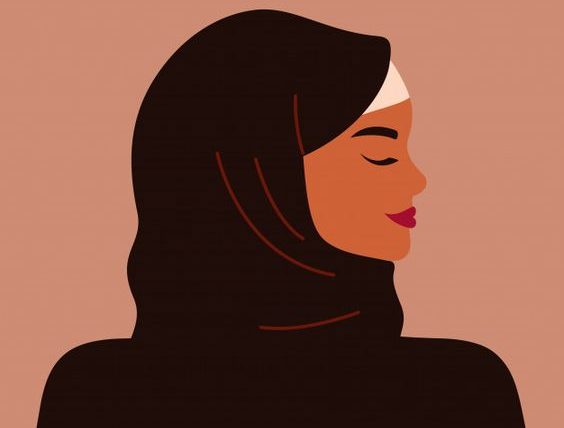
Women who choose to cover or choose to identify as Muslim are often the most at risk of Islamophobic attacks. And, because of physical makers of clothing, woman are easier targets for hate and violence.
Woman who choose to utilize public spaces to come out passionately as their authentic selves are leading a courageous battle.
For the many Muslim women who are told that they cannot achieve anything or create their own capital — because they are not bold enough, courageous enough, or liberated enough — owning a business is a political act of resistance, particularly in these increasingly hostile times.
But Muslim woman have created space through hard work and in the pursuit of entrepreneurship and financial independence, woman must be taken seriously as every woman deserve to be applauded and supported.
Many Muslim women have helped companies make millions, but they deserve more than this. And some women are doing something about it.
Here are four women who have used their voices, histories, and identities to build small business empires. Women who, instead of giving into the “No’s” whispered into their ears all of their lives, decided to give in to their loudest “Yes”
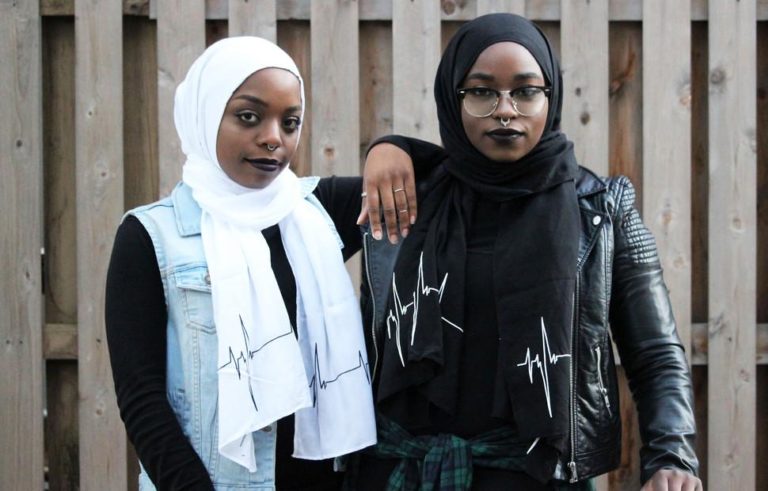
Nida Khadbai, the founder of That Hijabi, knew she wanted to open a business that catered to women who didn’t fit in the mainstream’s new love of the skinny, white, fashionable Muslim woman — the one who spends hundreds of dollars on high-end modest wear.
“The grotesque prejudice and violence against Muslims has created a counter push where only positive, stylized, aspirational, attractive, overly feminized, bourgeoisie Islam has flooded the zone. It is at once too much and not enough,” said writer Nesrine Malik, on NPR’s Code Switch.
It was these precise feelings of not fitting into the mainstream that pushed Khadbai to start a line that was accessible, affordable, and could be paired with anything.
“As a child, I’d always have to try and fit myself into their idea of a woman and I didn’t like that and didn’t want younger woman growing in a society where they did not feel represented,” said Khadbai, who wants her scarves to go with anything.
“I want my new brand to represent any woman who falls in love with the product and want her to feel like herself in my product and not have to try to squeeze herself into my brand.”
With inclusively-modeled scarves starting at six dollars, That Hijabi is accessible to both Muslim and non-Muslim women who aren’t looking to spend upwards of $25 on a scarf and enjoy seeing products modeled on people who look like them.
“I hope to have all women, both those who wear the headscarf and those who don’t, feel comfortable to wearing my scarves and make it their own,” said Khadbai who hopes to expand the line to Non-Muslim women too.
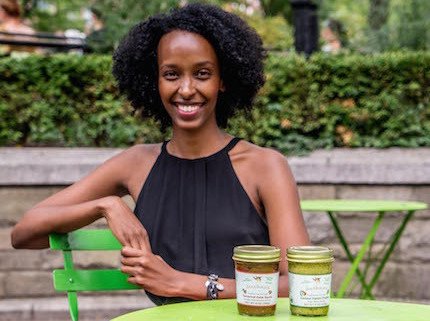
When Hawa Hassan was seven and living in a refugee camp in Kenya during the civil war in Somalia, her mother decided to send her to Seattle to live with family friends for a better and safer life.
This journey resulted in Hawa living separately from her mother and family for 15 years.
During this time, Hawa’s mother and the rest of her siblings were able to resettle in Sweden but were unable to reunite with Hawa in the US. After more than a decade apart, Hawa decided to move to Oslo to be with her family and mother.
It was in Oslo that she discovered her family’s love of food and bonded with her mother over their shared love of cooking.
Hawa was able to reconnect with a lost part of herself and was inspired to pay homage to both a country she remembers fondly and a family that helped her string together spices and memories that tasted like home.
Hawa kept her culture alive by cooking traditional Somali food, inspiring her business, Basbaas (which means chili in Somali). Basbaas is now a successful Somali line of hot sauces and chutneys currently available in the United States.
All the Basbaas sauces are hand-crafted and all-natural using staple Somali ingredients. The sauces are bursting with flavor, with the subdued richness of the sweet and tangy Somali flavors as well as ingredients that are familiar to American kitchens, such as coconut and cilantro.
You can order Basbaas sauces online here
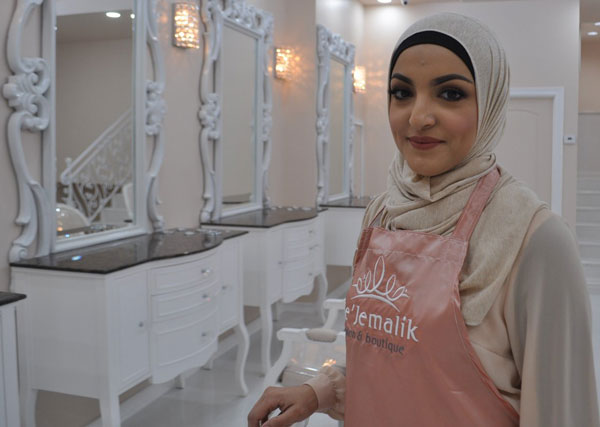
Growing up wearing the headscarf, I remember how difficult it was to find a salon that catered to women who needed their hair cut in private.
Generally, it was in the back rooms of salons, which were stuffy and poorly ventilated or had flimsy dividers that ended up revealing more than they hid. The idea of having a salon for women like me felt impossible.
With the rising number of Muslim women coming out and asking for spaces to accommodate them, some salons have started catering to women who wear the headscarf by creating larger back rooms to accommodate our needs.
However, even so, we never had the luxury of being pampered or feeling the ease of being taken care of in the well-lit, nicely decorated front room.
Le’Jamalik — ‘for your beauty,’ in Arabic — is a salon in Bay Ridge, Brooklyn started by Huda Qushi, a Muslim woman who wears the scarf herself.
With sleek designs positioned away from the entrance, Le’Jamalik gives Muslim women a space to feel comfortable and relaxed while getting a haircut, wax, or henna tattoo.
Instead of keeping one eye open for men coming in and out of the store, patrons can relax knowing that this space — beautiful and well lit — is meant for us to relax. Huda emphasizes that her beauty salon caters to anyone, from any walk of life.
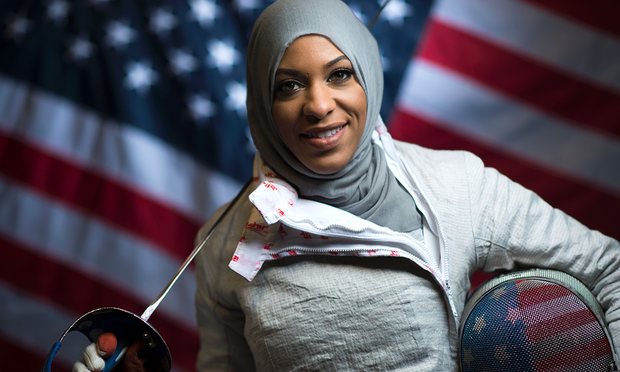
It’s not every day that you see a successful Black, Muslim, hijab-wearing, female Olympian who is also a successful business owner. But, Ibtihaj Muhammad is just that.
The American Olympian fencer, who is best known for being the first American to represent America at the Olympics while wearing the hijab, also started her own fashion line, Louella, in hopes of delivering a “fresh and vibrant look to the modest fashion industry.”
Ibtihaj is not one to shy away from breaking mainstream ideas of Muslim women.
When she fought her way to represent the United States as a Muslim woman wearing hijab, she made herself, her identity, and her faith visible. This revolutionary act of triumph and power is translated in the bright colors that are a theme of her dresses.
Ibtihaj’s line plays with color and a plethora of head-turning patterns and is definitely a call for recognition.
Though the designs are on the pricey side, the fabric and comfort make them worth it. My personal favorite is the gorgeous floral ball-like skirt.
Ibtihaj not only knows how to fence, she definitely knows a thing or two about style.
“There is no limit to what we, as woman, can accomplish”
by Michelle Obama
In a world where Muslim woman are underrepresented or vilified, that the key lies in her ability to navigate her own story and create innovative products and ideas deserving of community support and recognition.
Cases such as Le’ Jamalik salon signify a literal and defiant creation of space for Muslim women who have been largely ignored by the beauty world.
These ideas are incredibly important to celebrate; holding space for marginalized women is a revolutionary act, and is vital to the continued growth and creation of similar ventures by Muslim women and other marginalized individuals.
Reference: everydayfeminism.com